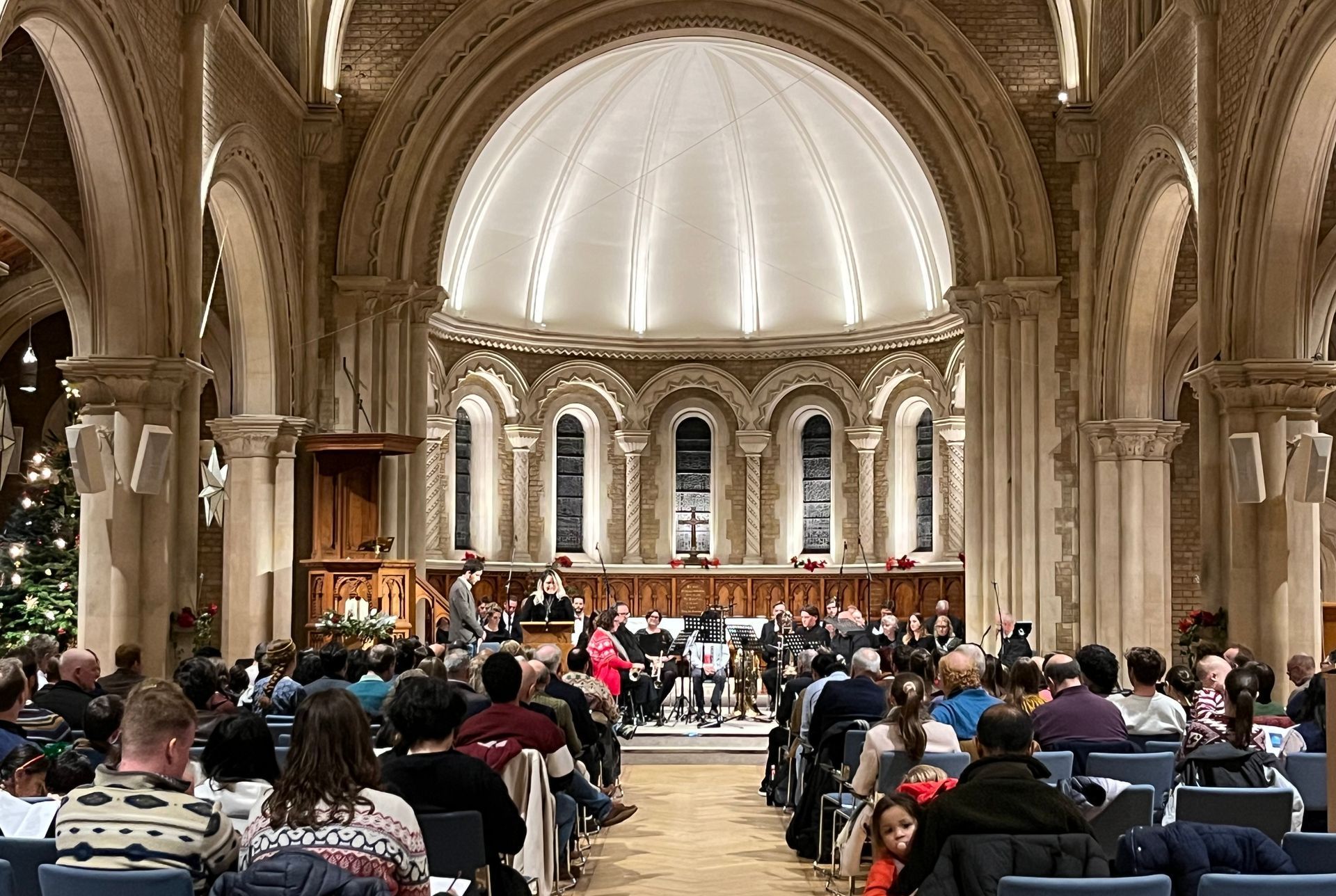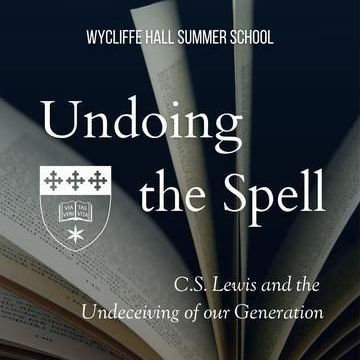I had a student come and talk to me about an essay she’s writing on Hagar in the book of Genesis. She noted the remarkable similarity between Hagar’s encounter with God and Mary’s (Genesis 16:11 and Luke 1:31, if you want to look for yourself).
But others are quite striking too.
I was held by the comparison between the angel’s appearance to Zechariah versus that of Mary. I’ve often heard comparison sermons between these two figures and the discrepancy between how they responded to the divine message they were receiving (i.e. Mary had faith, Zechariah didn’t). But what really struck me this time was the geographical location of their respective stories: Zechariah was a priest in the temple, Mary was a betrothed young girl in Nazareth.
What difference does that make?
Well let me set you a scene…
In the very presence of God, Zechariah wants to 'figure it out'
But Zechariah? In the Temple? Before the altar of God?
It strikes me that this just reveals the dramatic difference there is between the seen and known things of religion and an active and mature faith in God. If religious practice and habits we employ aren’t matched by a growing intimacy and walk with God, we can miss the obvious. Even when we’re the most obvious place in the world for them to happen We get too caught up in the details. We get caught up in the doctrinal weeds. We want to understand and “figure it out” more than we want to believe and receive the gift of faith on offer.
But faith isn’t about figuring it out. It’s about living it out.
In the back-end of nowhere, Mary’s ready to 'live it out.'
By contrast, Mary is in young virgin engaged to be married who is from Nazareth. Nazareth would have been a small village of about 200, maybe an hour’s walk from the much larger Sepphoris. It isn’t mentioned in the Old Testament. It wouldn’t have been well-known. Luke indicates this in 1:26 when says “In the sixth month the angel Gabriel was sent by God to a town in Galilee called Nazareth.”
Now no-one needs to introduce Dallas, Austin or Houston by saying “in a city in Texas called…” Everyone knows where they are. But how about Port Lavaca? Or Van Horn? They need a little more context. A little more introduction.
In Gabriel’s second appearance in Luke, he shows up in a very different place. From the holy of holies to the middle of nowhere. From the centre of religious worship to a unknown town.
I remember Stephen and I driving around Nottingham where we lived when we were first married. We drove through a very ordinary suburb. Not the kind of England you see on Morse or Endeavour or Christmas movies like A Very British Christmas (yes, we’ve just watched it). There are no cobblestone roads, historic pubs or fields of bleating sheep where we were. These were pretty generic homes in a pretty generic neighbourhood. People walking their kids to school. Waiting for a bus. Dealing with a flat tyre. Nothing to see of note.
Stephen turned to me and explained that since living in the UK, he’d realized this was far more the real England than the stuff you see on TV. And he was right. Nowhere-ville.
Maybe Nazareth was like that. Nowhereville, in Galilee.
It is here that Mary receives Gabriel’s message. A place you wouldn’t expect a divine visitation. And certainly not to a teenage girl about to be married. Mary hears she’s to conceive and bear a son.
And Mary, unlike Zechariah, believes. “How will this be?” she asks. She’s confused like Zechariah was, but she believes. And you know the rest of the story.
Where are you this Christmas?
There’s a lot of room for reflection here. I invite you to think about them for yourself. Where do you find yourself in this story?
There are lots of ways we could connect these two places. We could think about the two boys promised: one the last OT prophet in John, who would call for religious change and repentance in anticipating of the second, not a prophet but a promised one, God in the flesh, coming to dwell with his people not in the religious establishment but in the middle of nowhere and nobodies.
We could talk about those of us with long histories of serving in church, whether as clergy, vestry/PCC members, lay leaders, outreach workers or children’s pastors. How we so pre-occupied with the business of God we doubt the power of God when it is revealed. We could contrast that with those who encounter God in nowhere places, in their dreams and on the streets, that would challenge religious sensibilities and propriety.
But I want to leave you instead with this: God worked with them both. He had patience for Zechariah’s figuring it out alongside Mary’s readiness. He revealed himself in the Temple and in Nazareth. Perhaps the message isn’t only in the contrast but in what they share and they embody: God’s levelling purposes at work in the world. Zechariah’s doubt left him mute for months. God confounded his expectations and then shut him up. Zechariah was disciplined, humbled. Brought low. Mary was raised up from nowhere. Honoured. Now heralded as a figure of faith.
God works with us. Correcting. Disciplining. Humbling. Raising up the lowly. Bringing honour where the world might see shame.
My hope is that wherever you find yourself this Christmas, that you encounter something of this God. The God who brings down and builds up. The God who doesn’t rule in the way the religious elite ruled (then or now). The God who works in the hidden and the unseen and the insignificant. Let yourself be brought low by it all if you need to.
Be humbled by the scandal of the nativity where you’ve got caught up in religious practice.
Be open and receptive to the promise of a present God, even if you think you’re not qualified.
And be ready not to 'figure it out,' but to 'live it out.'
Merry Christmas!
******
Photo by
Rick Oldland on
Unsplash





